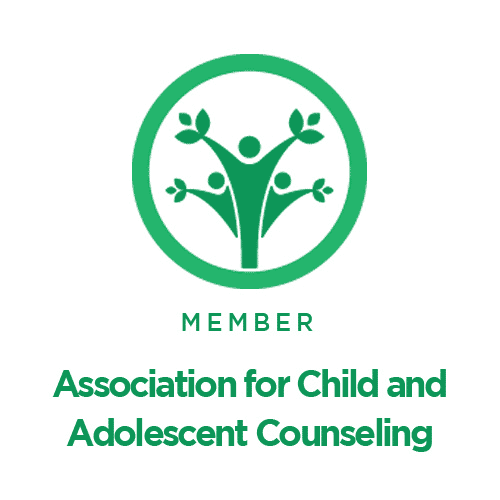80 percent of children with a diagnosable anxiety disorder are not getting treatment, as reported by the 2015 Child Mind Institute Children’s Mental Health Report. Without treatment, childhood anxiety can persist in adulthood. “There is this idea that kids will outgrow these problems (related to anxiety) but the evidence does not support that” says psychologist Wendy Silverman, PhD, director of the Yale Child Study Center Program for Anxiety Disorders at Yale School of Medicine. There is good news for concerned parents, getting your child anxiety treatment early can greatly benefit their overall quality of life. It sounds easy to get your child help however; it does raise the question as to why the percentage of untreated children is so high? One explanation is the symptoms of anxiety are broad and they can be overlooked, or in some cases mistaken for something else.
Looking out for Anxiety in the Classroom:
Inattention and Restlessness: When we think of inattention and restlessness in the classroom, more often than not, individuals immediately think of ADHD. Did you know that anxiety symptoms can look similar to ADHD? Children with anxiety can have a difficult time concentrating in the classroom. They may be fidgety and too preoccupied to focus, which makes it difficult to learn and retain information.
Behavioral Problems: It is very common for parents to report that their child with anxiety can be disruptive and act out in the classroom. Some behavioral problems include lashing out at the teacher/students, interrupting, asking repetitive questions, tapping their feet/hands, throwing something or extreme behavior that comes out of nowhere (crying-out of control emotions). Anger is a symptom of anxiety that is sometimes missed because there are so many situations that can trigger it.
Avoidance: Children/Adolescents may avoid socialization, specific subjects, completing/turning in homework or school all together. Stomachaches, headaches, muscle tension or exhaustion are some of the physical symptoms of anxiety. These physical symptoms can interfere with attendance and performance in the classroom. It is always important to first check with your family doctor to rule out any medical problems.
It is common for preschool age children to also experience school avoidance. This often stems from them not wanting to separate from their parent(s).
We can see how some classroom anxiety symptoms might be overlooked. If your child is displaying these behaviors at school, you may want to look into your options for getting them help by scheduling an appointment with a Wake Forest anxiety counselor. As overwhelming as it may seem to have a child suffering from anxiety, there is a bright side-- “A Little Counseling” can go a long way! Your child does NOT have to be part of the 80% of children untreated for their anxiety disorder.








